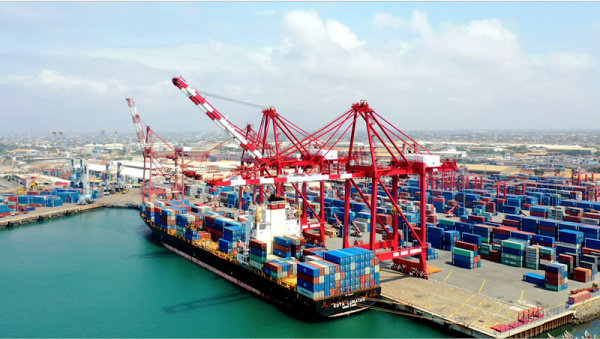Maritime Transport: The Strengths and Weaknesses of the Autonomous Port of Lomé at the heart of a meeting in Ouagadougou

In order to establish better economic cooperation regarding the transit of Burkinabe goods and to allow all stakeholders to maximize their profits, actors are engaged in open discussions around a table in Ouagadougou, the capital of Burkina Faso.It is important to note that Togo and Burkina Faso, brotherly neighboring countries, have historical ties of economic cooperation, particularly in the maritime transport sector.
Following the political crisis that shook the three countries of the AES Confederation and subsequent ECOWAS sanctions, Togo managed to navigate the situation by keeping the Autonomous Port of Lomé open to its brotherly and neighboring countries.
Therefore, it is prudent to further strengthen cooperation between Burkina Faso and Togo for better outcomes, with stakeholders from Togo’s port platform and economic operators from Burkina Faso meeting regularly. This will help identify shortcomings and collaboratively address them for the benefit of both parties.
The meeting on Tuesday, October 22, in Ouagadougou aligns with this logic. According to Mr. Maurice KOMBATE, the Secretary General of the Port of Lomé, “The Port of Lomé remains a maritime gateway open to all Sahel countries, and we are committed not only to maintaining this position but also to strengthening it.” Hence, he emphasized the need to listen to the primary stakeholders, the economic operators from Burkina Faso.

As for Mr. Yacouba Barro, the president of the single union of transporters in Burkina Faso, he noted that while the country uses several ports for the transit of goods, the Port of Lomé, being the closest, remains the main one. “We are comfortable working with the Autonomous Port of Lomé. Our truckers say it, and we ourselves observe it for the benefit of all consumers,” he affirmed.






